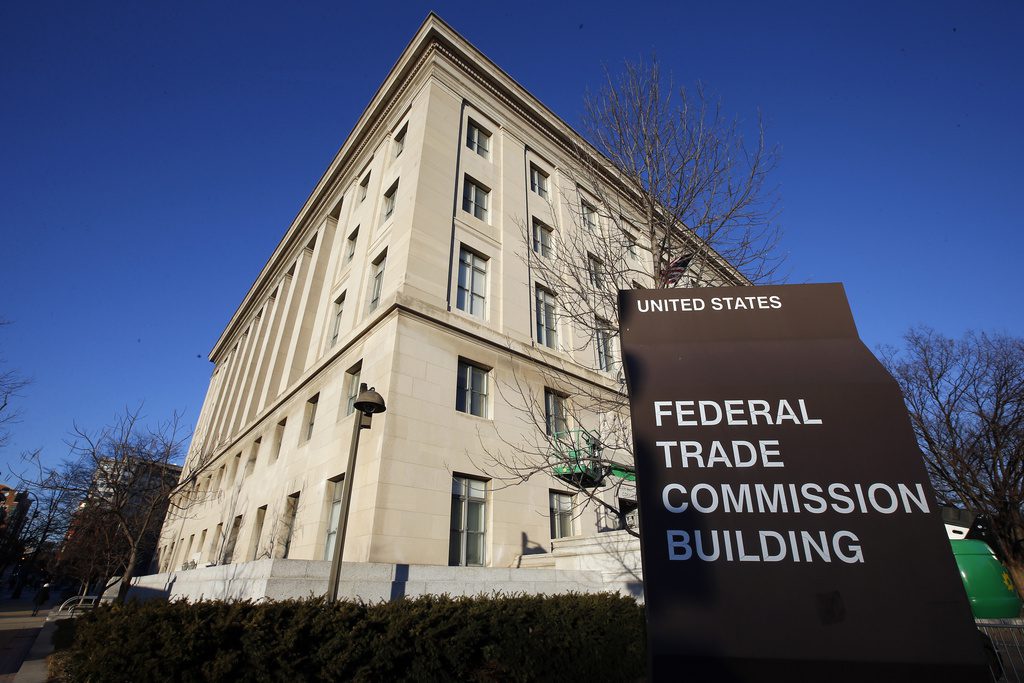
Trump’s 2020 lies sparked a massive surge in records requests and complaints. Republicans and Democrats on the Wisconsin Elections Commission agreed on the need for extra assistance, but GOP lawmakers in the legislature killed a request for help last week.
For years, the Wisconsin Elections Commission (WEC) was able to operate with one attorney and one public information officer to process complaints and respond to voters’ questions. Then came former President Donald Trump, the “Big Lie,” and the resulting deluge of paperwork, including complaints and records requests.
The surge of paperwork has strained the WEC’s limited resources and staff, leading members of the six-person, bipartisan commission to request extra funding and assistance from the state.
Last week, Republicans on the Legislature’s Joint Finance Committee killed a plan that would have helped the overworked WEC handle the surge while maintaining the rest of its election administration responsibilities. The proposal, which originated with the WEC, would have created an inspector general’s office with 10 full-time staff to help manage the commission staff’s workload.
But with a single vote, GOP lawmakers struck more than 500 proposals submitted by Gov. Tony Evers with no debate, including the WEC plan. Republicans also ruled that none of the eliminated provisions could be brought back individually by Democrats on the committee.
As a result, while other battleground states take steps to invest in election administration and security ahead of the 2024 presidential race, Wisconsin is not–at least for now.
“I certainly hope it comes back,” said Don Millis, the Republican chair of the WEC. “There are things we can do to improve confidence, and that’s where this inspector general office comes in.”
Millis said he intended to ask lawmakers whether the plan could be revived as a bill, but Rep. Scott Krug (R-Nekoosa), chair of the Assembly Elections Committee, told the Associated Press his colleagues will instead consider local grants for the more than 1,800 election clerks around the state rather than additional staff for the commission. Krug said he had not heard from any lawmakers trying to revive the commission’s request.
Democrats said the elimination of Evers’ proposals was petty, short-sighted, and demonstrates how Republicans are out of step with what Wisconsin needs and values.
“When people tell you who they are, we need to believe them,” said Rep. Kristin Shelton (D-Green Bay) on UpNorthNews Radio. “Republicans in Wisconsin can talk about how they want to champion free and fair and transparent elections, but their actions speak louder than their words. And taking this out of the budget tells us who they are. We continue to see this with other provisions like removing a number of things that people overwhelmingly want to see happen. We’ve been begging for child care and paid family medical leave and mental health funding. And so they continue to say one thing and then do another.”
The Wisconsin Elections Commission was created by Republicans in 2016, but has increasingly been the target of GOP criticism since Trump spread false claims that election fraud led to his defeat in Wisconsin in 2020.
There is no evidence of widespread fraud in Wisconsin in 2020, and the election outcome has withstood two partial recounts, a nonpartisan audit, a conservative law firm’s review, numerous state and federal lawsuits, and even a Republican-ordered investigation conducted by a former state Supreme Court justice.
Still, some Republicans have pushed to eliminate the elections commission entirely.
The primary responsibility for administering elections in Wisconsin falls to local clerks in one of the most decentralized systems nationwide. The commission sets rules, certifies results and provides clerks with training and grants.
Conspiracy theorists, skeptics and even lawmakers looking for evidence of election fraud have inundated the elections commission with requests in recent years. Ahead of the 2022 midterm elections, the agency was receiving more than three times the number of complaints it had in 2020, and records requests topped eight times the commission’s 2016 average, according to an August report.
The three Republican and three Democratic election commissioners, who are appointed by the governor and legislative leaders, unanimously approved the request to create an inspector general’s office last year.
Millis, the Republican chair of the commission, said “it’s not fatal” if the plan fails. But he wanted lawmakers to at least consider new ways to build trust in elections and ease the workload of commission staff.
In addition to investigating complaints and responding to records requests, the new inspector general’s office would have been tasked with reviewing the accessibility of polling sites, engaging directly with concerned voters and helping to train local election officials.
The Associated Press contributed to this story.
Politics

Biden administration bans noncompete clauses for workers
The Federal Trade Commission (FTC) voted on Tuesday to ban noncompete agreements—those pesky clauses that employers often force their workers to...

Opinion: Trump, GOP fail January 6 truth test
In this op-ed, Milwaukee resident Terry Hansen reflects on the events that took place on January 6, the response from Trump and other GOP members,...
Local News

Readers Poll: Top Bowling Alleys in Wisconsin
Looking for the best bowling in Wisconsin? Look no further! Our readers have spoken in our recent poll, and we have the inside scoop on the top...

8 Wisconsin restaurants Top Chef judges are raving about
Top Chef’s 21st season is all about Wisconsin, and on-screen, it’s already apparent that the judges feel right at home here. But, while filming in...




